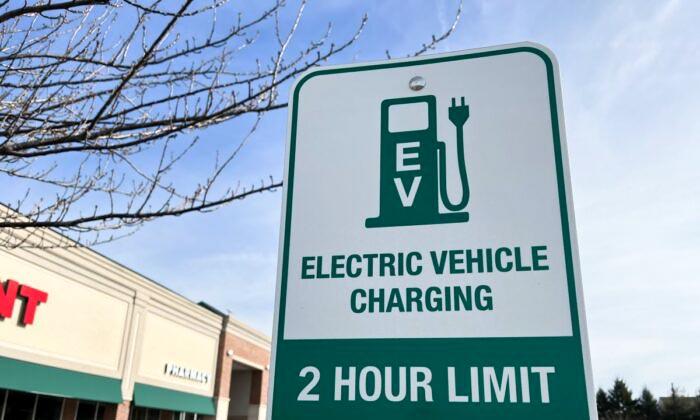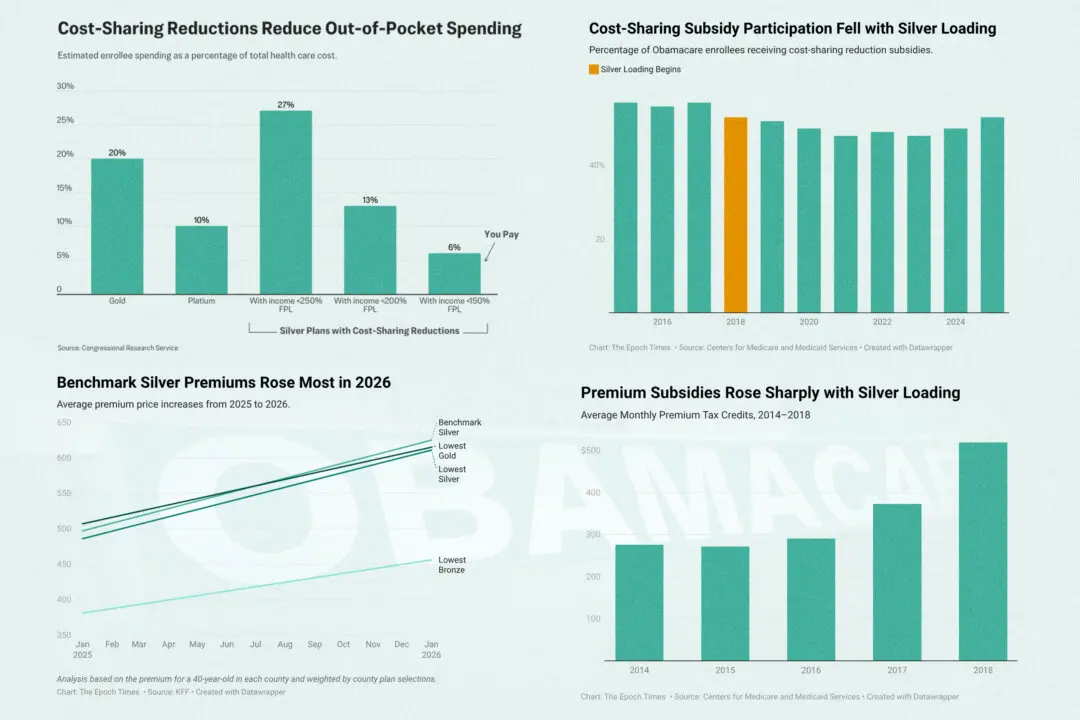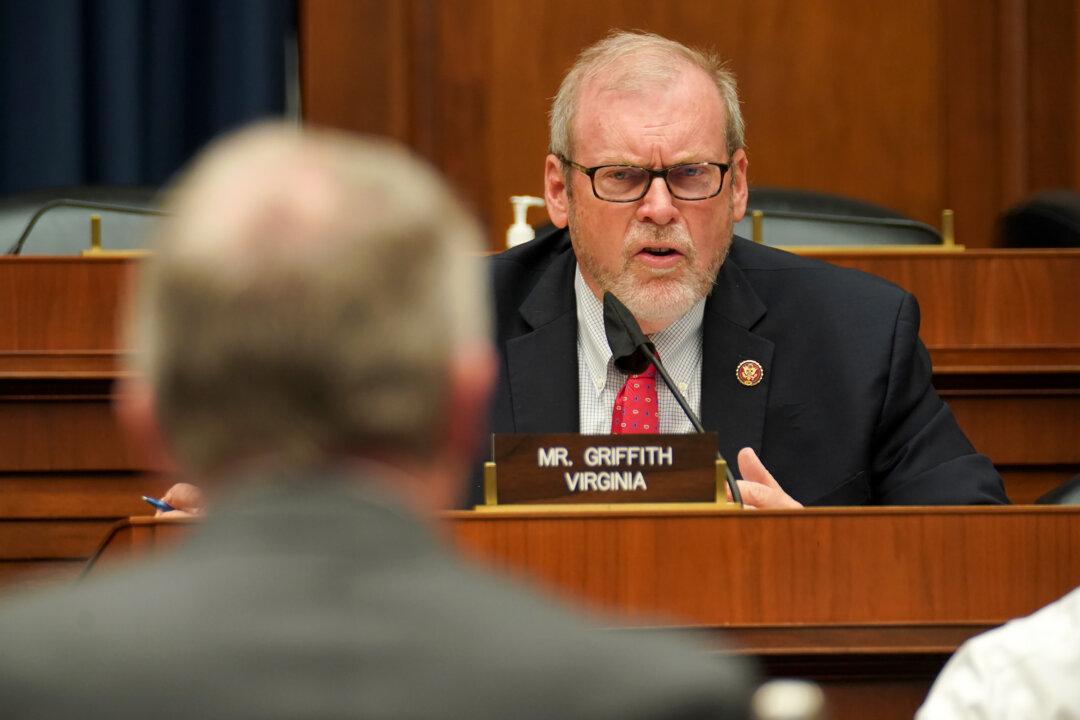The rapid conversion of the U.S. transportation system to electric vehicles (EV) will increase dependence on China for a critical link in the U.S. supply chain, according to Rep. Ryan Zinke (R-Mont.).
Zinke raised the concern while questioning Transportation Secretary Pete Buttigieg about the effect that proposed federal rules for vehicle emissions would have on the U.S. supply chain. The questioning occurred during an April 20 House subcommittee hearing on the Department of Transportation’s proposed 2024 budget.





